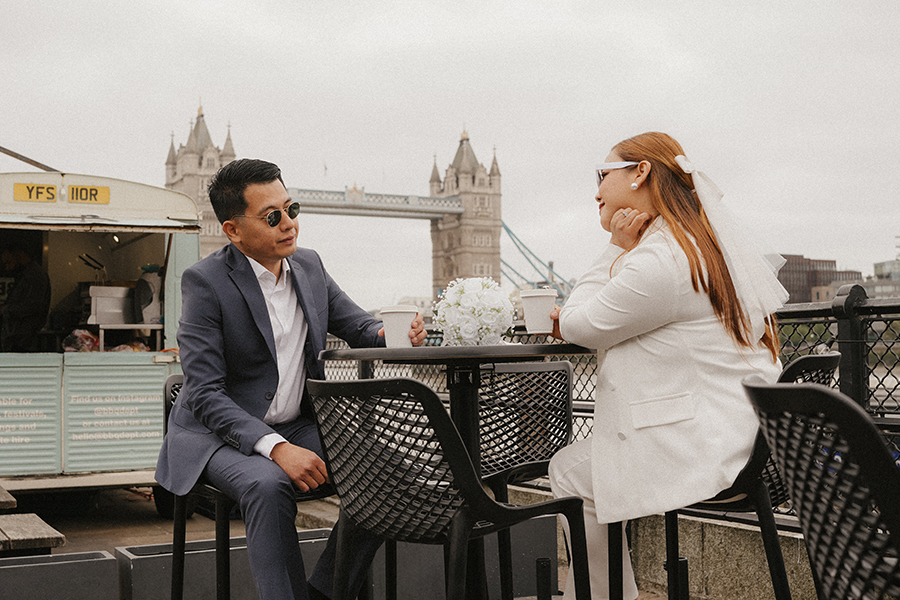A videographer is a professional who specializes in the art of capturing moving images and creating visual stories. From weddings to corporate events, music videos, documentaries, and short films, videographers are the ones behind the camera, capturing the moments that matter. Let’s explore what makes a videographer unique, their responsibilities, and why their work is so important.
The Role of a Videographer
At its core, a videographer is a visual storyteller. They use cameras, lighting, and sound equipment to capture high-quality video footage that will later be edited into a polished product. Videographers are often seen as the creative force behind the camera, working to make sure that each shot tells a compelling story. They are skilled in both technical aspects and creative expression, ensuring that their videos not only look good but also evoke the right emotions.
Here are the primary duties of a videographer:
1. Filming Events and Projects
Videographers are responsible for shooting the video footage. This might be during an event such as a wedding, corporate seminar, or a live concert. Depending on the project, videographers may work alone or as part of a larger crew, using various types of cameras and equipment to capture all the necessary footage. They must understand how to frame the perfect shot, choose the right angles, and ensure the subject is properly lit, creating visually appealing and impactful scenes.
2. Editing the Raw Footage
Once the filming is complete, the videographer’s work isn’t over. In fact, editing is a huge part of their job. Using professional video editing software like Adobe Premiere Pro, Final Cut Pro, or DaVinci Resolve, videographers piece together the raw footage, adjusting color balance, lighting, and sound. They may also add effects, music, and titles to enhance the narrative and flow of the video.
3. Sound and Lighting
While videographers are primarily responsible for filming, they are often involved in the sound and lighting aspects of video production. Proper lighting is essential to create the right atmosphere, whether it’s a bright, happy scene or a moody, dramatic one. Sound is just as important, and videographers may use external microphones and audio equipment to capture high-quality sound, ensuring that the video is both visually and audibly engaging.
4. Post-Production Work
The post-production phase is where videographers polish the final video product. This involves fine-tuning the video by cutting unnecessary footage, adding transitions, and adjusting the pacing to tell the story effectively. The final product could range from a short highlight reel to a full-length documentary or feature film.
Types of Videographers
Not all videographers work in the same field. Here are some common types of videographers and the areas they specialize in:
Event Videographers: These professionals specialize in filming events such as weddings, birthdays, and corporate gatherings. They are skilled in capturing live moments, often under time pressure, and creating emotional, lasting memories.
Corporate Videographers: Corporate videographers create videos for businesses, including promotional videos, training materials, product demonstrations, and internal communications. Their work often focuses on brand storytelling and delivering a professional, polished image.
Documentary Videographers: Documentary videographers capture real-life stories and situations. They film everything from personal interviews to world events, telling powerful stories that inform and engage audiences. Their work often involves long hours of research and shooting to portray an accurate, truthful narrative.
Creative Videographers: This category covers videographers who work on projects like music videos, short films, advertisements, and online content. They are often the visionaries behind creative campaigns, focusing on artistic expression and visual storytelling.
Why Videographers Matter
In the age of digital media, video content is one of the most powerful ways to communicate with an audience. People are more likely to watch a video than read text, which is why videographers are in such high demand. They create content that captures attention, conveys emotion, and communicates complex ideas in an engaging and accessible way.
For businesses, videographers are crucial for creating marketing content that drives brand recognition and customer engagement. For personal events, such as weddings, videographers help preserve memories that people can cherish forever.
The Skills of a Videographer
To excel in their field, videographers need to have a wide range of skills, including:
Technical Knowledge: Understanding how to operate various types of cameras, lenses, and other filming equipment is essential. Videographers must know how to adjust settings for optimal lighting, focus, and exposure.
Creativity: Videography is an art form. Videographers must have a creative eye, knowing how to frame a shot, choose the best locations, and tell a story visually.
Attention to Detail: Whether it’s capturing the perfect moment or editing footage to flow seamlessly, videographers need to have sharp attention to detail to make every shot count.
Post-Production Expertise: Videographers need to be proficient in video editing software to turn raw footage into a polished final product.
Communication Skills: A videographer often works with clients, directors, and other members of a production team. Effective communication is key to understanding the vision and executing it successfully.
In short, a videographer is a professional who captures the essence of a moment, event, or story through the lens of a camera. They combine technical skills with creativity to produce visually engaging and meaningful video content. Whether it’s documenting a wedding, producing a corporate video, or filming a music video, videographers play a pivotal role in creating content that resonates with audiences.
As the demand for video content continues to grow, so too does the importance of skilled videographers. They are the unsung heroes behind every great video you watch, bringing stories to life one frame at a time. So, next time you watch a video, remember the work and talent of the videographer who made it happen!


